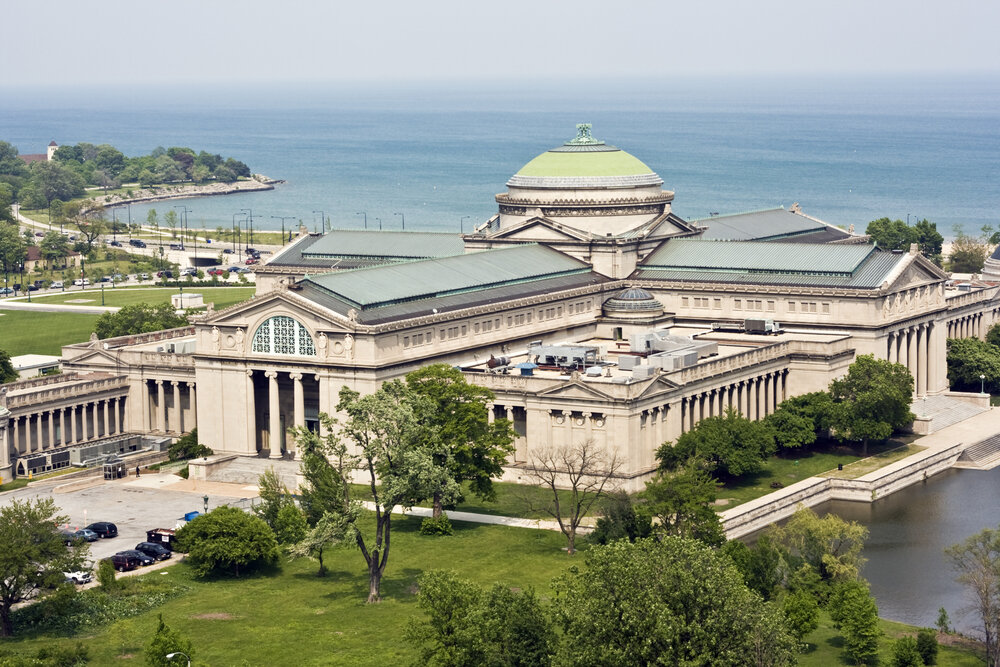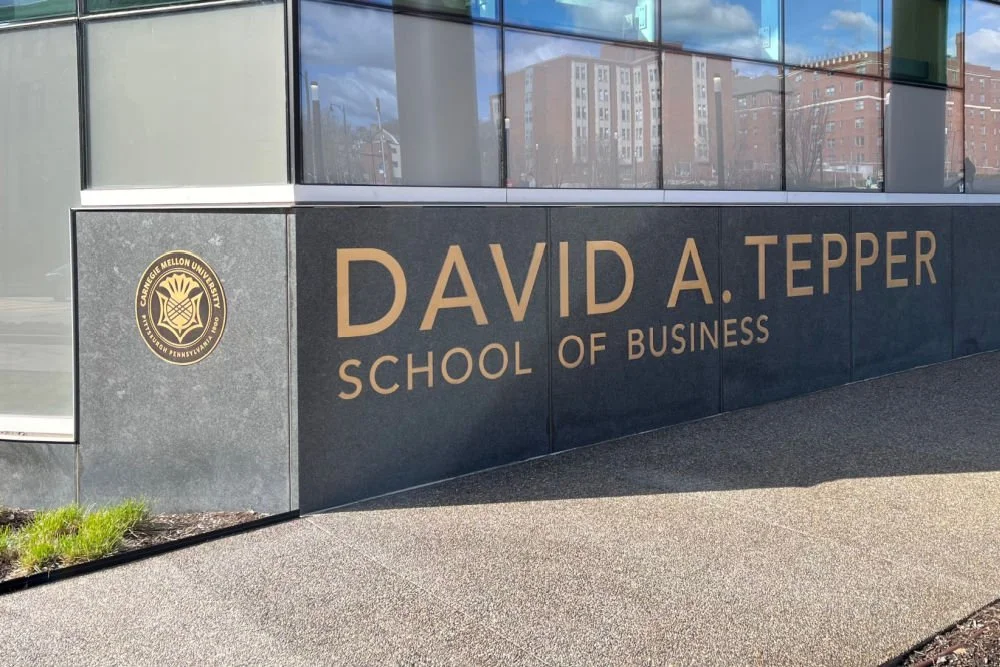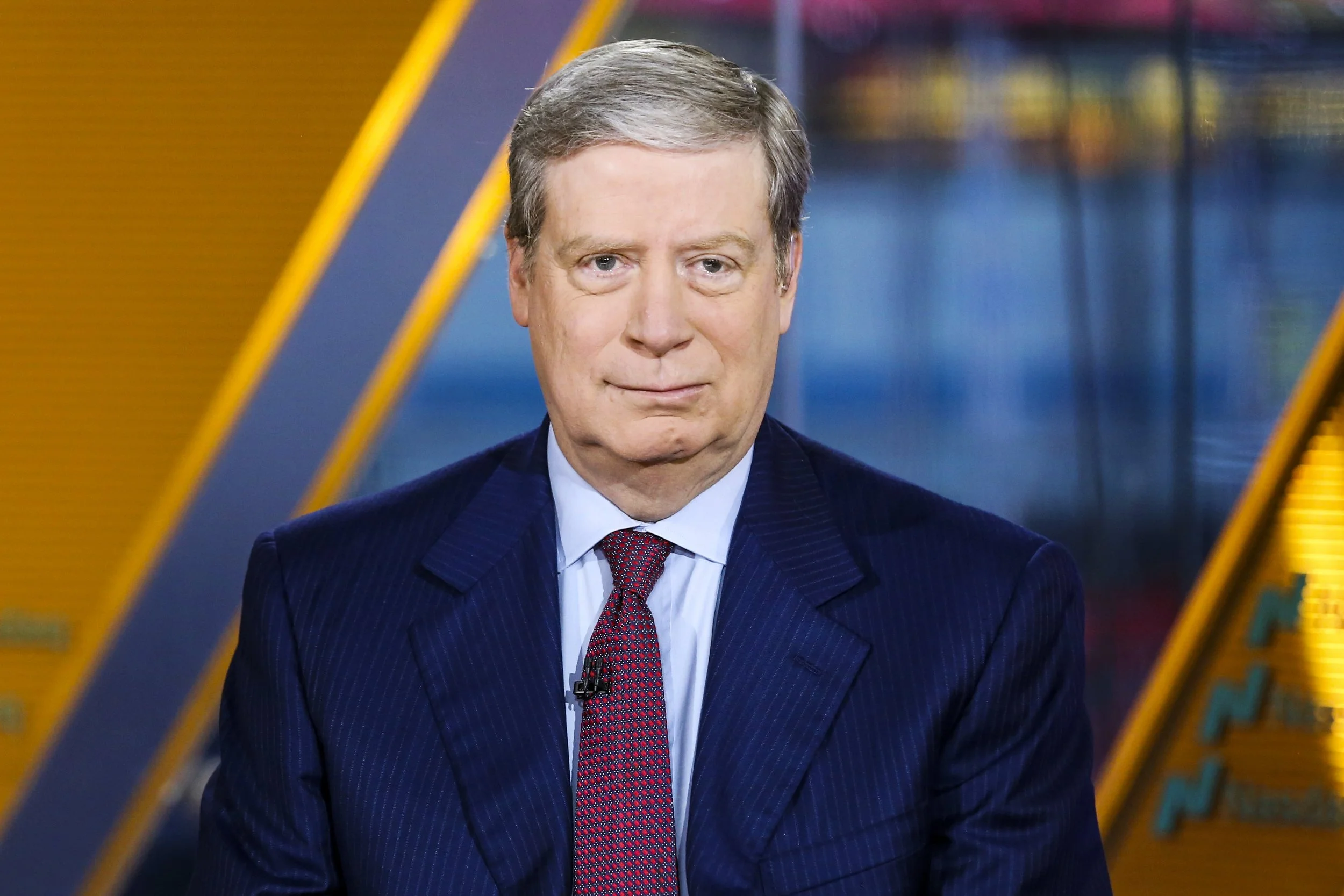What the Right Hand is Doing: The Paradoxical Giving of a Billionaire Mega-Donor
/The museum of science and industry in chicago. Henryk Sadura/shutterstock
With a net worth of about $12.8 billion, Ken Griffin, founder and CEO of hedge fund Citadel, is a funder with deep pockets who often favors giving in his hometown of Chicago. He’s invested in the arts, education and medicine in Illinois, as well as in New York City and his birth state of Florida. His latest gift of $125 million to the Museum of Science and Industry (MSI) in Chicago is the largest in the museum's 86-year history. As with several of his previous mega-donations, the receiving institution will take on his name, and will soon be known as the Kenneth C. Griffin Museum of Science and Industry. The award brings Griffin’s lifetime giving to more than $1 billion.
How the Gift Will Support the Museum
Griffin’s gift pushes the museum’s ongoing capital campaign past $300 million. The campaign will support new exhibitions and education programs, changes to galleries, and the modernization of the building. The Griffin donation will primarily go into the museum’s endowment, more than doubling it, MSI Board Chair Chris Crane told the Chicago Tribune. It will also fund the creation of Pixel Studio, a digital gallery and performance space offering a full-room, immersive video experience.
Influential philanthropist and Sears, Roebuck President Julius Rosenwald was a principal backer of the MSI, which opened in 1933. Rosenwald famously helped to build thousands of schools for black children in the Jim Crow South, one of which was attended by Congressman John Lewis. Rosenwald’s grandson and biographer, 77-year-old Peter Ascoli, said he and his family are OK with the name change and pleased about the donation. "I asked members of my family because I knew this was coming down the pike, and they all said, ‘Fine.’ It’s good the museum will have this money to continue strongly into the 21st century.”
Griffin grew up in Florida but came to Chicago to visit his grandparents, who sometimes took him to the MSI.
“[MSI] celebrates our greatest scientific and commercial achievements and ignites the imaginations of all who visit,” Griffin said in a statement. “As one of the most important institutions of science in the world, the museum’s impact extends far beyond its halls. I am honored to support MSI’s mission to inspire the next generation of scientific exploration and innovation.”
A few of Griffin’s past beneficiaries include Harvard, the MoMA, University of Chicago, Griffin Early Childhood Center, Success Academy Charter Schools, Woodlawn High School, Chicago Symphony Orchestra, Art Institute of Chicago, Norton Museum of Art and The Shed. He’s an active, big-time art collector, owning works by Cezanne, Pollack, de Kooning and others. While Griffin has said he will not sign the Giving Pledge, he also said, “You will clearly see me give away my wealth over my lifetime, and when I pass away. And I will let my actions speak louder than signing a pledge.”
Griffin has backed other science- and health-related institutions in the past, including the Field Museum of Natural History and the American Museum of Natural History. He has supported medical research regarding Alzheimer’s, blindness, skin cancer and sports medicine, funding the Steadman Philippon Research Institute, Weill Cornell Medical School and Lurie Children’s Hospital. His $12 million gift to the Chicago Park District also had an environmental appreciation component.
Contradictions in Giving
Griffin’s increased giving comes during a period when many of the causes he supports are under attack in Washington, D.C. Earlier this year, for the third year in a row, the Trump administration proposed eliminating all federal funding for the arts—a move that would hurt arts institutions in Chicago and other cities. The administration also seeks deep cuts to the National Science Foundation and the National Institutes of Health, while mounting a broader assault on science, in tandem with Republicans in Congress. The Union of Concerned Scientists (UCS) stated in 2017, “The Trump administration and 115th Congress have been actively dismantling science-based health and safety protections, sidelining scientific evidence, and undoing recent progress on scientific integrity.” UCS keeps a running tab of the federal government’s activities that undermine or circumvent scientific knowledge, policy and progress. Many involve governmental bodies removing, withholding, or censoring scientific data, especially in relation to climate change; rolling back regulations for air pollution, pesticide use, endangered species protection, and drilling in national parks, and reducing roles, funding, and platforms for scientists.
Ken Griffin’s support for science and the arts might suggest he wouldn’t also be a supporter of today’s Trump-dominated Republican Party. But according to OpenSecrets.org, Griffin gave $18.4 million to GOP-aligned PACs during the 2018 election cycle and $11.6 million in 2016. The money continues to flow: He gave a $1 million donation in June of this year to the Congressional Leadership Fund, “a super PAC exclusively dedicated to winning a Republican majority in the House of Representatives.”
While Griffin is a vocal proponent of limited government, he has said he’s “not ideologically married to a particular party or mindset.” He added,“I'm married to creating an environment where kids can have a great education, can have a safe walk to school, good healthcare for all of our citizens, and opportunities for people to get ahead. And you find the people that do that on both the Democrat side and the Republican side.” He has partnered with some Democratic leaders like former Chicago Mayor Rahm Emanuel.
That said, Griffin is indisputably a top Republican donor. He backs a Republican Party that has moved sharply to the right over the past two decades—especially under Trump (who has also insulted Griffin’s hometown of Chicago, once calling it more dangerous than Afghanistan).
Of course, many Americans and wealthy donors support President Trump and Congressional Republicans. What’s striking is that Griffin’s political giving appears to undermine his philanthropic goals.
The big donation to MSI, which undoubtedly constitutes a public good, is a case in point. While Griffin funds an institution that seeks to prepare the next generation of scientists with one hand, he backs candidates and policies that undermine the field of science with the other, directly shrinking the prospects and support systems for the next wave of STEM enthusiasts and experts. Considering these contradictions, Griffin appears to be a donor who, despite his financial acumen and largesse, has conflicting priorities in terms of his vision for the future of the country.
While many of the top philanthropists we track at IP align their political and philanthropic giving, there are certainly other cases of inconsistency and self-contradiction among big funders. The hedge fund billionaire Julian Robertson is a major backer of efforts to slow climate change, but he also gave more than $3 million to Republican PACs in the 2016 election cycle, helping pave the way for a rollback of Obama-era environmental policies.
We contacted Citadel for Griffin’s feedback, but he was not available for comment.







































